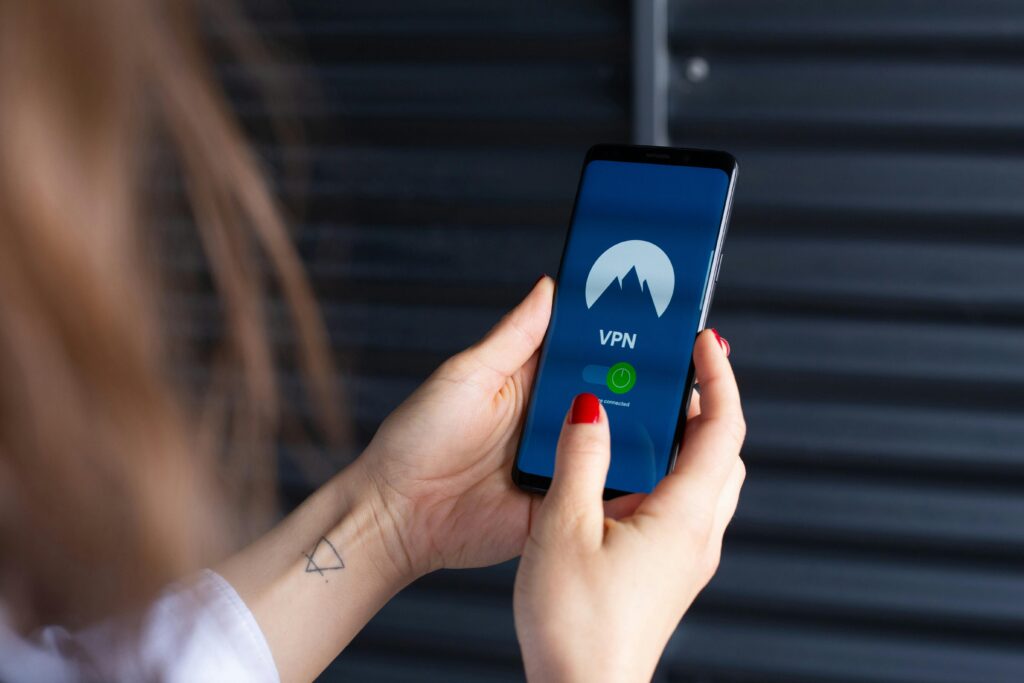In a world where every click, search, and download can be tracked, stolen, or censored, using a VPN (Virtual Private Network) is no longer a luxury—it’s a necessity. Whether you’re worried about hackers, corporations, or even government surveillance, the benefits of using a VPN are undeniable.
If you value your privacy, freedom, and security, it’s time to explore why a VPN should be your ultimate online companion.
What is a VPN and How Does It Work?
A VPN creates a secure, encrypted connection between your device and the internet. Instead of connecting directly to websites, your data is routed through a VPN server, masking your real IP address and encrypting everything you do online.
It’s like sending your data through a private tunnel—hidden and protected.
Protects Your Online Privacy
Your IP address reveals your location, identity, and browsing habits to websites, ISPs, and third parties. A VPN masks your IP address, shielding your personal information and helping you browse the internet anonymously.
In short: what you do online becomes your business—and yours alone.
Secures Your Internet Connection
Public Wi-Fi networks (think coffee shops, airports, hotels) are gold mines for hackers. Without protection, your passwords, emails, and credit card details are exposed. A VPN encrypts your connection, making it nearly impossible for cybercriminals to intercept your data.
Browse with confidence, even on the sketchiest public Wi-Fi!
Encrypts Your Data from Hackers
Encryption scrambles your data into unreadable code, making it useless to anyone trying to snoop. Whether you’re checking your bank account, sending emails, or shopping online, a VPN ensures that your information stays secure.
Better safe than hacked.
Bypasses Geo-Restrictions
Streaming services like Netflix, Hulu, and BBC iPlayer offer different content based on location. A VPN lets you connect to servers around the world, unlocking movies, shows, and sports events that would otherwise be off-limits.
Access the global internet, not just your local version.
Avoids Censorship and Internet Restrictions
In some countries, governments restrict access to websites, apps, and even social media platforms. A VPN helps you bypass these censorship barriers, allowing you to enjoy the free and open internet, no matter where you are.
Freedom of information is a basic right—not a luxury.
Prevents Bandwidth Throttling
Have you ever noticed your internet slows down after heavy streaming or gaming? That’s bandwidth throttling. ISPs sometimes deliberately slow your connection based on your activity. A VPN hides your internet usage, preventing throttling and keeping your speeds consistently high.
Fast and furious browsing!
Enhances Safe Online Banking and Shopping
When you’re managing sensitive transactions, security is non-negotiable. A VPN adds an extra layer of encryption, protecting your financial data from cyber threats during online banking or shopping.
Shop and bank with peace of mind.
Improves Remote Working Security
Working remotely? VPNs are critical for safely accessing company files, systems, and communications without exposing them to cyber risks. Many businesses require employees to use VPNs to safeguard sensitive information.
Work smarter—and safer.
Allows Anonymous Torrenting
Love peer-to-peer sharing? Torrenting without a VPN exposes your IP address to strangers, putting your privacy at risk. A VPN enables safe, anonymous downloading, ensuring you enjoy your content worry-free.
Saves Money on Online Purchases
Believe it or not, online prices can vary based on your location. With a VPN, you can shop from different regions, snagging cheaper deals on flights, hotel bookings, rental cars, and even subscription services.
Score secret savings!
Stops Targeted Ads and Tracking
Companies track your every move online to bombard you with hyper-personalized ads. A VPN disrupts this data collection by hiding your browsing behavior, giving you a cleaner, less invasive internet experience.
Take back control of your digital footprint.
Boosts Overall Cybersecurity
Adding a VPN to your online defenses strengthens your security posture. Paired with antivirus software and smart online behavior, a VPN makes you a much harder target for hackers, trackers, and snoops.
Better protection is always a wise investment.
Common Myths About VPNs
-
Myth: VPNs are only for illegal activities.
Fact: Millions use VPNs daily for legitimate reasons like privacy and security. -
Myth: VPNs make you completely invisible.
Fact: They dramatically improve privacy but aren’t a license for bad behavior. -
Myth: VPNs slow down your internet drastically.
Fact: A good VPN provider minimizes speed loss, often making it unnoticeable.
How to Choose the Right VPN
Look for:
-
No-log policies (they don’t store your data)
-
High-speed servers in multiple countries
-
Strong encryption standards (like AES-256)
-
User-friendly apps across devices
-
Excellent customer support
Trust matters when picking a VPN.
Top Recommended VPN Providers
-
NordVPN
-
ExpressVPN
-
Surfshark
-
CyberGhost
-
ProtonVPN
These providers offer strong security, fast speeds, and easy-to-use apps.
Tips for Using a VPN Effectively
-
Always connect to the VPN before starting your browsing session.
-
Choose the server location closest to your target country.
-
Turn on the VPN kill switch for extra protection if the connection drops.
-
Regularly update your VPN app to patch vulnerabilities.
Are VPNs Legal?
In most countries—including the U.S., U.K., and much of Europe—VPNs are perfectly legal. However, some countries with strict internet controls (like China and Russia) regulate or ban unauthorized VPNs.
Always check local laws when traveling.


